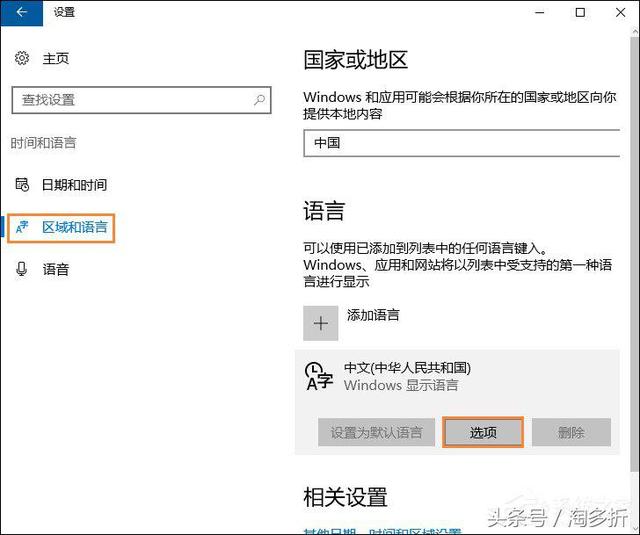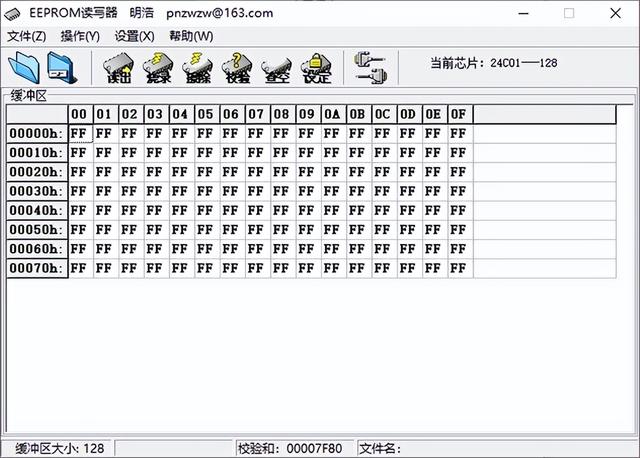数据处理常用函数(一个函数抓取代谢组学权威数据库HMDB的所有表格数据)
爬虫是都不陌生的一个概念,比如百度、谷歌都有自己的爬虫工具去抓取网站、分析、索引,方便我们的查询使用。
在我们浏览网站、查询信息时,如果想做一些批量的处理,也可以去分析网站的结构、抓取网页、提取信息,然后就完成了一个小爬虫的写作。
网页爬虫需要我们了解URL的结构、HTML语法特征和结构,以及使用合适的抓取、解析工具。我们这篇先看一个简单的处理,给一个直观的感受:一个函数抓取网页的表格。以后再慢慢解析如何更加定制的获取信息。
HMDB (人类代谢组数据库)收录了很多代谢组的数据,用于代谢组学、临床化学、生物标志物开啊和基本教育等。数据联通化学、临床、分子生物学3个层次,共有114,099个代谢物。
网站提供了多种浏览和查询功能,可以关注不同的疾病、通路、BMI、年龄、性别相关代谢组学。

下图展示的是BMI相关代谢物的数据。

如果我们想把这个表格下载下来,一个办法是一页页的拷贝,大约拷贝十几次,工作量不算太大,但有些无趣。另外一个办法就是这次要说的抓取网页。
R的XML包中有个函数readHTMLTable专用于识别HTML中的表格 (table标签),从而提取元素。具体使用如下:
# Load the package required to read website
library(XML)
# wegpage address
url <- "http://www.hmdb.ca/bmi_metabolomics"
# header=T, 使第一行或thead属性的内容为标题
df1 <- readHTMLTable(url, header=T, stringsAsFactors = F)
# 初次使用,不了解输出格式时可使用str查看
str(df1)
> str(df1)
List of 1
$ NULL:'data.frame': 25 obs. of 7 variables:
..$ V1: chr [1:25] "Butyrylcarnitine (HMDB0002013)" "Alpha-ketoisovaleric acid (HMDB0000019)" "2-Hydroxy-3-methylbutyric acid (HMDB0000407)" "3-Methyl-2-oxovaleric acid (HMDB0000491)" ...
..$ V2: chr [1:25] "" "" "" "" ...
..$ V3: chr [1:25] "Increase" "Increase" "Increase" "Increase" ...
..$ V4: chr [1:25] "Blood" "Blood" "Blood" "Blood" ...
..$ V5: chr [1:25] "9.95e-10" "2.87e-08" "1.19e-05" "1.68e-05" ...
..$ V6: chr [1:25] "25254000" "25254000" "25254000" "25254000" ...
..$ V7: chr [1:25] "details" "details" "details" "details" ...
# The readHTMLTable returns list, we need to extract our data frame. In this example, the first element is our data frame, so we can extract it like this:
head(df1[[1]]) # extract the first element of list
#df1[["NULL"]] # extract list element based on element names (第一个元素的名字是NULL)
1 Butyrylcarnitine (HMDB0002013) Increase Blood 9.95e-10
2 Alpha-ketoisovaleric acid (HMDB0000019) Increase Blood 2.87e-08
3 2-Hydroxy-3-methylbutyric acid (HMDB0000407) Increase Blood 1.19e-05
4 3-Methyl-2-oxovaleric acid (HMDB0000491) Increase Blood 1.68e-05
5 Ketoleucine (HMDB0000695) Increase Blood 6.05e-05
6 (S)-3-Hydroxyisobutyric acid (HMDB0000023) Increase Blood 6.88e-05
V6 V7
1 25254000 details
2 25254000 details
3 25254000 details
4 25254000 details
5 25254000 details
6 25254000 details
这样我们就获得了第一页的表格,如果想获得随后的页的呢?鼠标移动经过分页的标签,可以看到URL的规律。

http://www.hmdb.ca/bmi_metabolomics?page=num,每一页就是变换下num;对首页来说,可以写page=1也可以省略,为了批量,一般写上。
# 294是在网页直接看到的总条数,25是每页显示的条数。(也是可以自动解析判断的)
pages = 1:ceiling(294 / 25)
url <- "http://www.hmdb.ca/bmi_metabolomics?page="
# 获得URL集合
url_all <- paste(url, pages, sep="")
a = sapply(url, readHTMLTable, header=T, stringsAsFactors=F)
# 合并获得的结果
b = do.call("rbind",a)
# 重命名行
rownames(b) <- 1:nrow(b)
这样就获得了所有的表格。
有两点需要注意
- 为了给被抓取的网站带去较大的访问压力,每抓取一次,最后间歇一段时间。这需要我们自定义一个函数,封装下readHTMLTable。
- HMDB数据库提供了全数据下载功能,相比于抓取,下载下来数据,自己筛选合并是更好的方式。

可能是因为网速或其它问题,有时直接把url提供给readHTMLTable不一定可以获取结果,下面提供了2额外的方式,供使用。
# Load the package required to read website
library(XML)
# wegpage address
url <- "http://www.hmdb.ca/bmi_metabolomics"
# method one: for people who is luckiest (not me, so sad)
df1 <- readHTMLTable(url, header=T, stringsAsFactors = F)
# Error: failed to load external entity "url"
# method two: use RCurl package, for people who is much luckier (only work on my laptop, not the computer in the office, crying)
library(RCurl)
xmldoc <- getURL(url)
df2 <- readHTMLTable(xmldoc, stringsAsFactors = F)
# method three: use httr package, for people who is not lucky
library(httr)
tabs <- GET(url)
df3 <- readHTMLTable(rawToChar(tabs$content), as.data.frame = T, stringsAsFactors = F)
免责声明:本文仅代表文章作者的个人观点,与本站无关。其原创性、真实性以及文中陈述文字和内容未经本站证实,对本文以及其中全部或者部分内容文字的真实性、完整性和原创性本站不作任何保证或承诺,请读者仅作参考,并自行核实相关内容。文章投诉邮箱:anhduc.ph@yahoo.com






